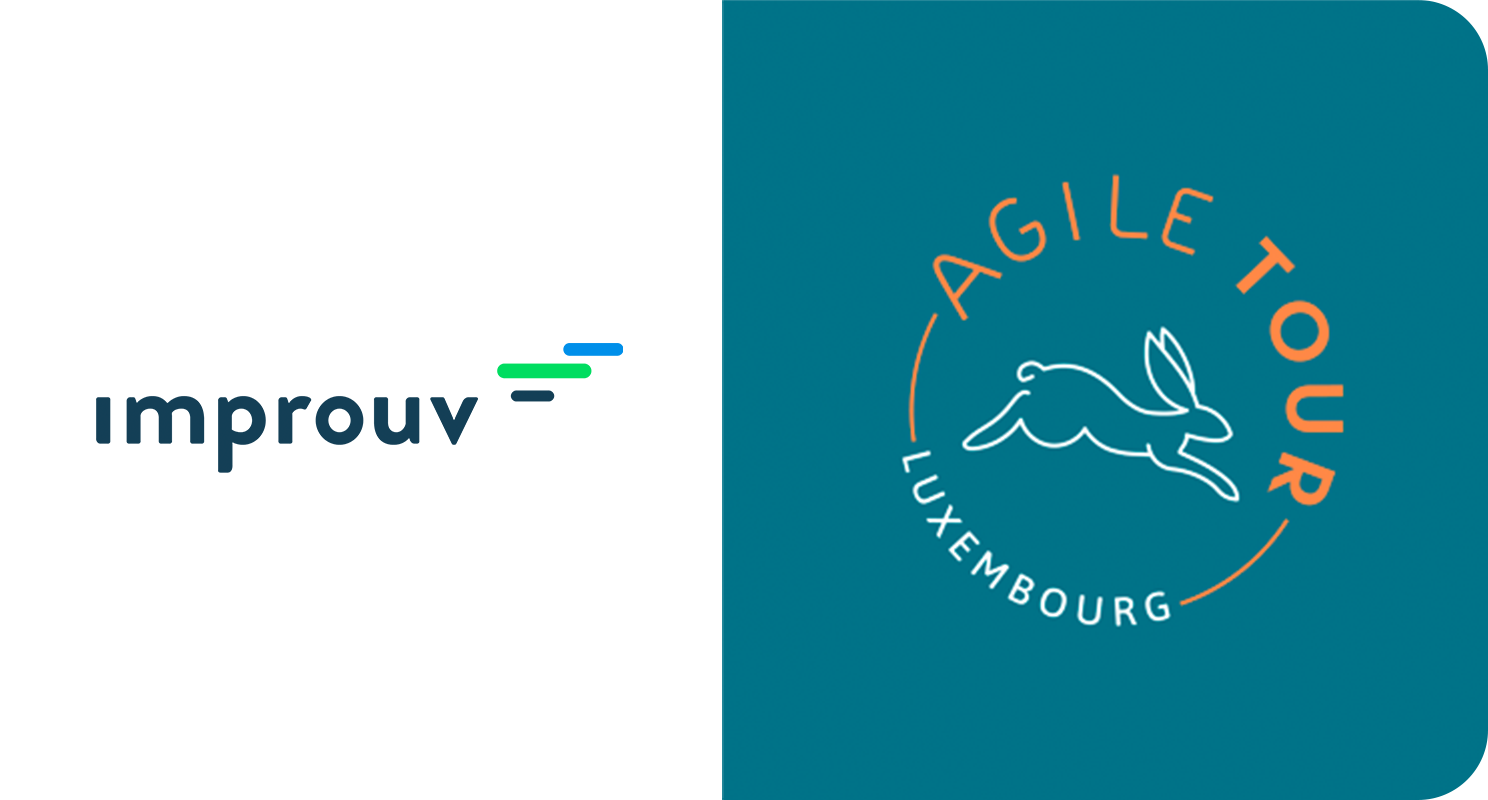One of my personal highlights of the ESP Executive Summit in London on April 20th was Julian Birkinshaw’s keynote on „New Organising Models in a Complex World“. The professor of the London Business School who is designated as one of the fifty worldwide thought leaders in business science presented the core ideas and concepts of his forthcoming book „Fast Forward“. He discussed how our economy changes since the past decades and how organizations act to it.
Julian’s starting point was the assumption that after having gone through the Industrial Age and the Information Age, we’ve now entered the „Post-Information Age“.
During the Industrial Age capital and workforce were the major business assets in a slowly changing world. The appropriate organizational form in this age was the hierachical Bureaucratic organization. This form was inherited from the military and the churches and adapted to industry needs by Frederic Taylor and his school of management. In these organizations formal position is the major driver for priviledges and recognition. The major competitive advantage during the Industrial Age was the ability to produce with reproducible quality most efficiently. You had a lot of time to optimize your organization.
Starting in the seventies until the late nineties information and knowledge became more and more the dominant business asset, forming the Information Age. Powered by information technology the amount of information you were able to collect and exploit became the major driver for the markets. Consequently new organizational forms emerged, the Meritocracies. in these organizations knowledge and expertise play the predominant role when it comes to privileges and recognition. The power of classical management was reduced to „Business Administration“ while hierachical networks of experts play the major role in moving the companies products forward. These organizations are optimized to find the best solution based on the available information. The environment still changed slow enough so a high quality second product could beat an already existing competitive product of mediocre quality. You still had time to find the best solution. Most engineering organizations are prototypes of this form.
Since the last decade information is mostly available for everyone, having two major effects: At first information per se seizes to be a valueable asset anymore. The second effect is that the amount of data available grows quicker than meritocratic organizations can make use of it. Birkinshaw calls this environment the Post-Information Age or Agile Age. With the new challenges a new organization form emerged, Birkinshaw calls Adhocracies (there was some debate on whether is name bears an unjustified negatove connotation). In Adhocracies action and accomplishment take the role that capital and labour played in hierachic organizations and knowledge and expertise play in meritocratic organizations. Finishing fast ist more valued in these organization than striving for the best solution or the most efficient one. When the environment changes while you search for the best solution, the term „best“ looses its meaning. Analysis becomes void before you can turn it into action.
This change in organizational forms needed and still needs new ideas and foundations. New movements emerging to support businesses in these envirnoments, like Beyond Budgeting from the administrational side, Post-Heroic Leadership from a management side, Lean Startup from the entrepreneur side, Agile approaches like XP, Scrum or Kanban from the IT side, and finally frameworks like Cynefin and HSD providing the theoretical foundations for these organizations.
To me the beauty of this model doesn’t come from novelty but from its consistent connection of approaches of different origins. Most organizations will show a mixture of all three forms, but being able to understand the different value systems and approaches and the connected conflicts between them is very helpful when it comes to conducting an agile transformation. I’m looking forward to Julian’s book.





